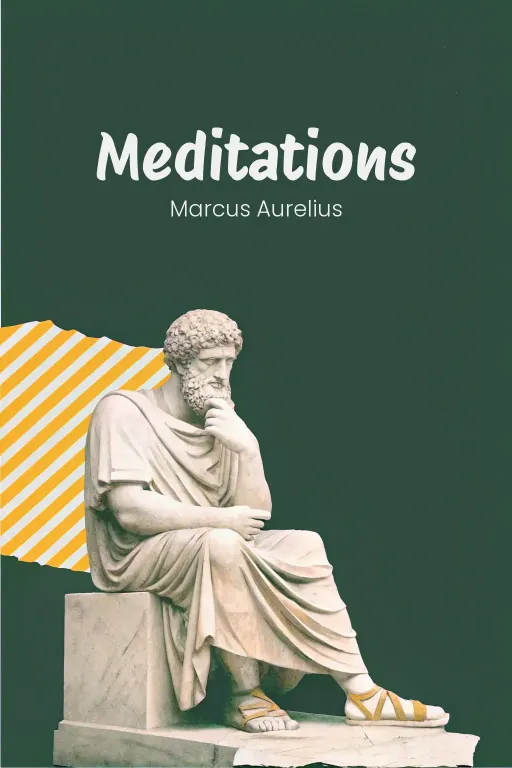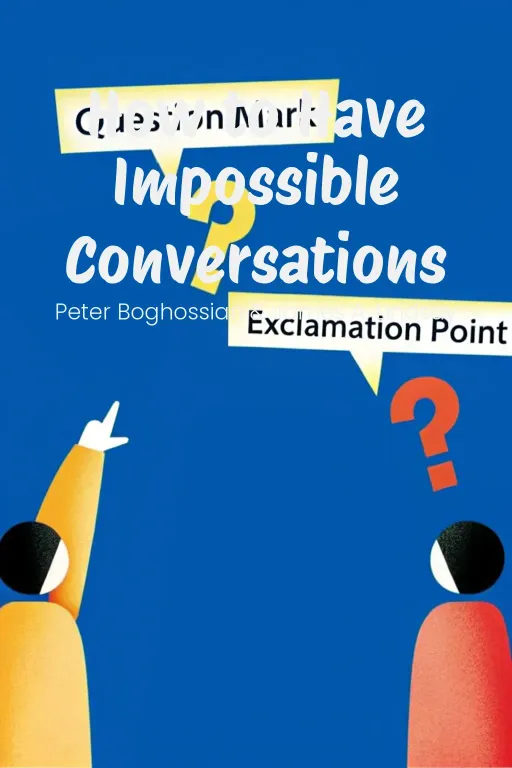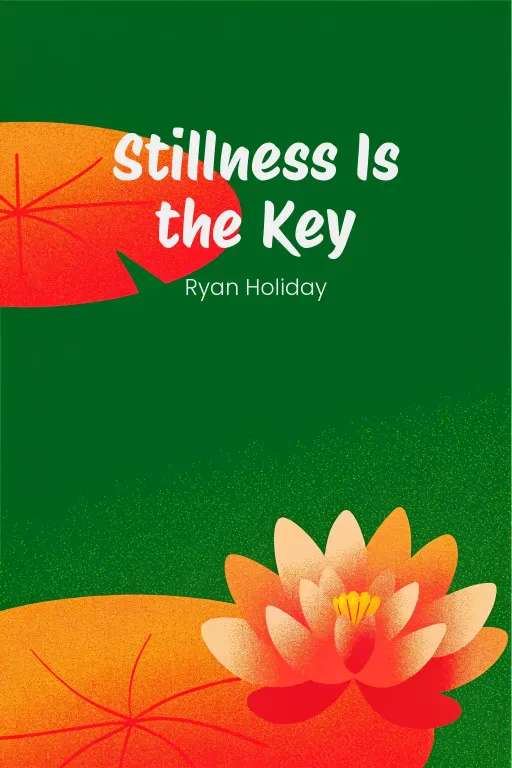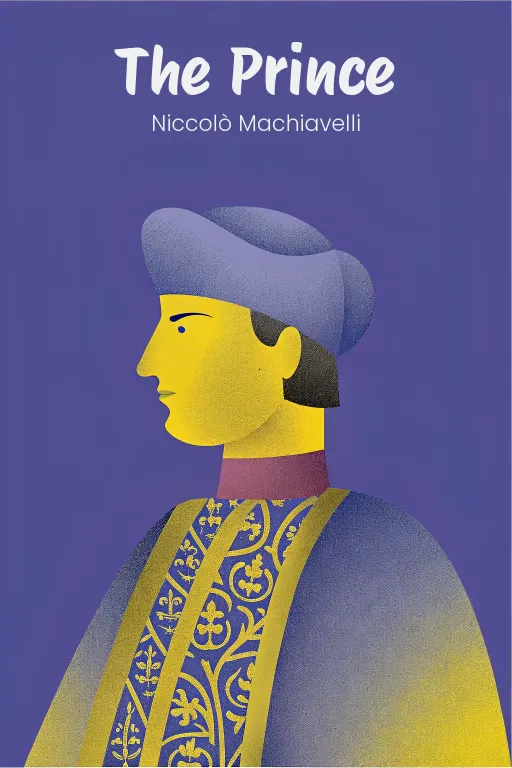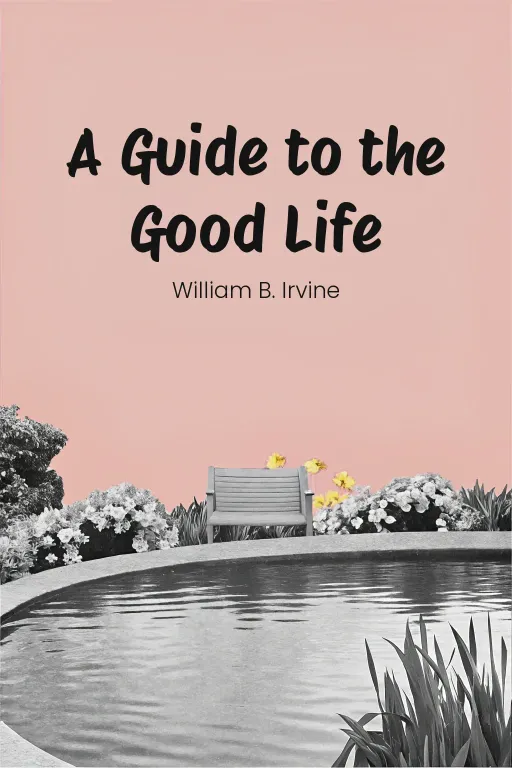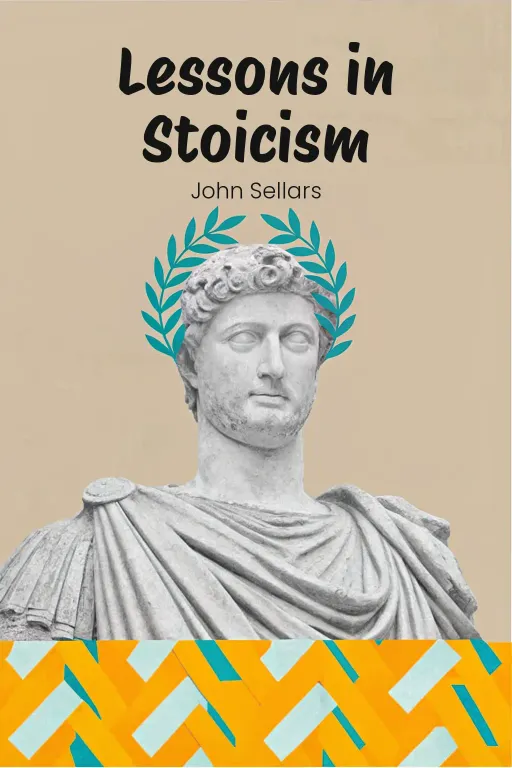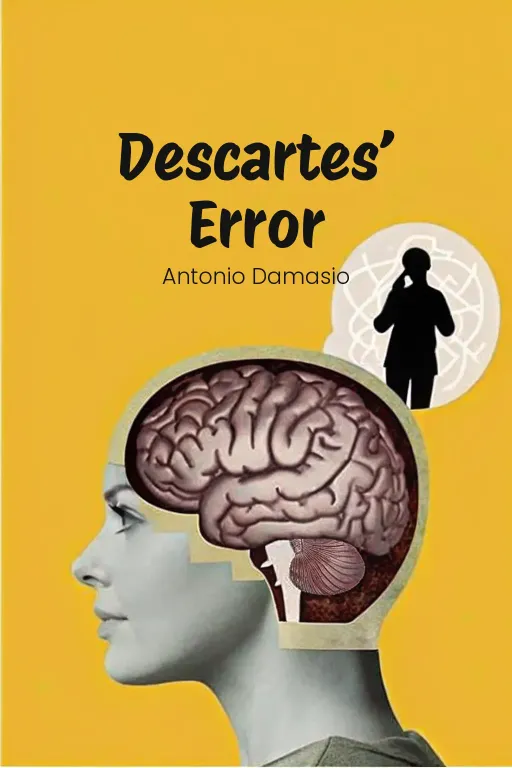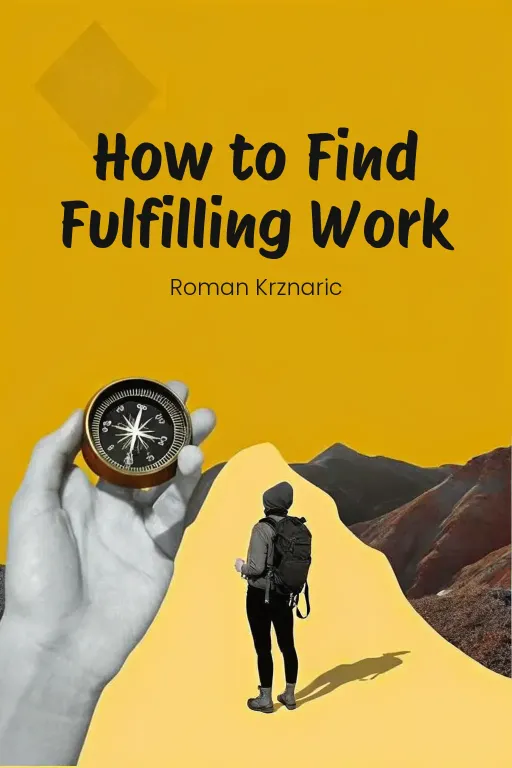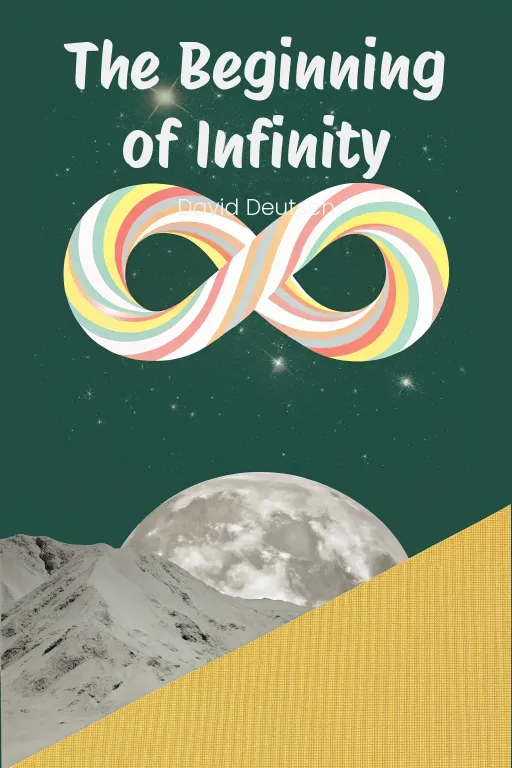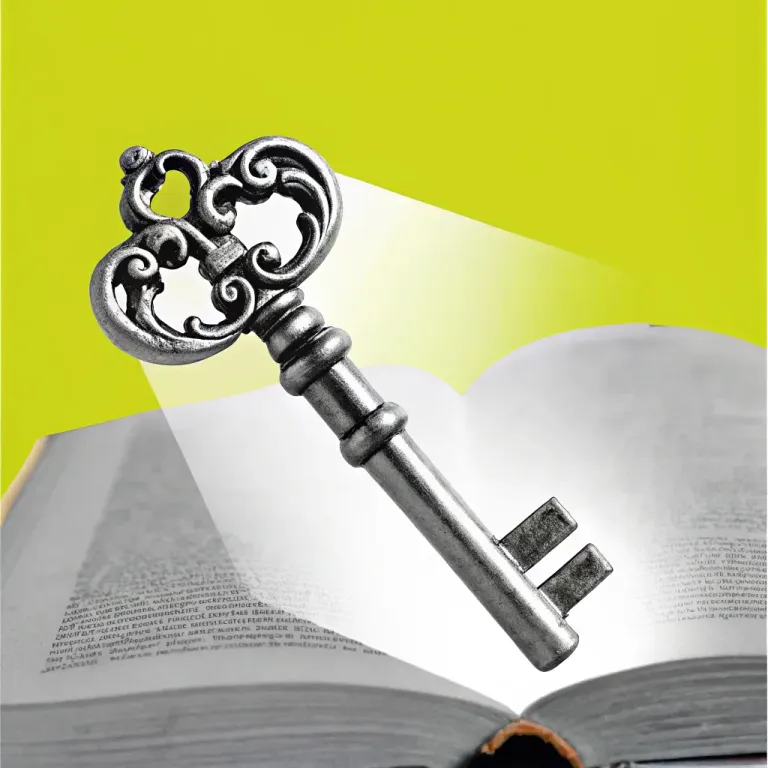
Mind's Limit? Unlock True Understanding
Podcast by Timeless Pages with Shakespeare and Austen
A groundbreaking and influential philosophy classic about the limits of human reason
Mind's Limit? Unlock True Understanding
Shakespeare: "The bounds of sense are drawn by reason's light, yet reason itself must know its place." Greetings, dear listeners! William Shakespeare welcomes you to Timeless Pages, where today we explore Immanuel Kant's challenging masterpiece, The Critique of Pure Reason. Shakespeare: In essence, Kant investigates the very limits of what our minds can truly know. He argues that while knowledge begins with experience through our senses, our minds actively shape that experience using built-in structures, like space and time. Set against the backdrop of 18th-century Prussia, this work doesn't feature heroes or villains, but rather profound ideas about how we perceive reality – distinguishing between things as they appear to us, the phenomena, and things as they might be in themselves, the noumena, which remain forever beyond our direct grasp. Shakespeare: The most crucial theme is understanding reason's proper boundaries. Kant saw thinkers before him overreaching, trying to use pure logic to prove things beyond any possible experience, like the nature of God or the soul. He called this venturing into illusion. Historically, this was Kant’s way of navigating the Enlightenment's powerful belief in reason. He sought to show what reason could achieve in science, but also where it needed to halt. Does this not echo today? In our world overflowing with information, understanding the limits of our own certainty helps us avoid confidently declaring things we simply cannot know. Shakespeare: What makes this dense book a classic? It sparked a revolution in thinking! Kant shifted philosophy's focus from how the world imposes itself on our minds, to how our minds actively structure our understanding of the world. Much like my own Hamlet wrestled with what is real versus what merely seems so, asking "To be or not to be," Kant forces us to question the very foundation of our knowledge. Consider this: when we try to program ethics into artificial intelligence, aren't we attempting something similar to Kant – defining the necessary rules and limits for a reasoning system to prevent it from harmful errors or overreach? Shakespeare: So, ponder the architecture of your own mind. Kant reminds us, like the "starry heavens above," our own inner "moral law" provides profound wonders within reason's reach. Until next we meet on Timeless Pages, think boldly, but know thy bounds.
